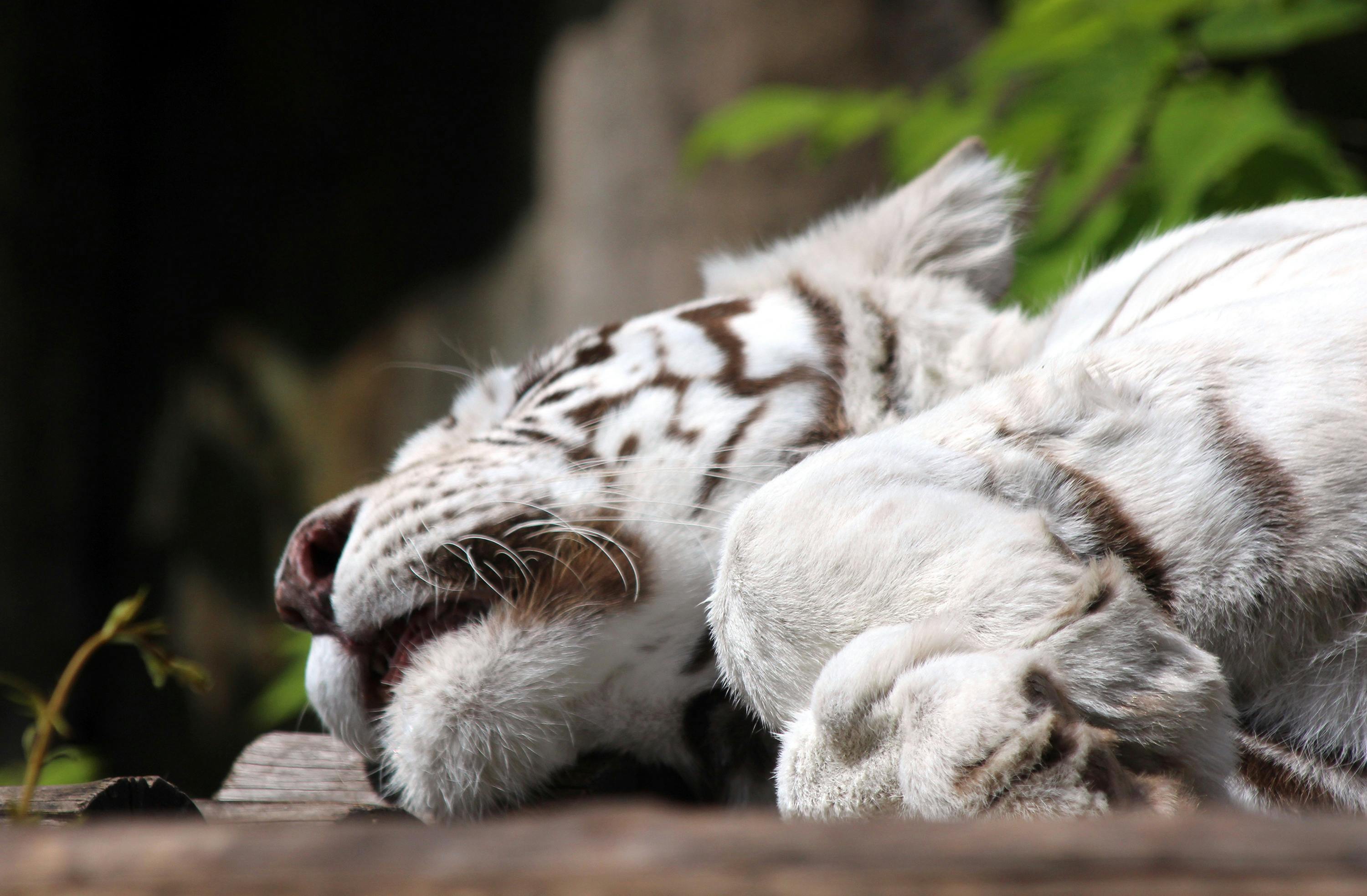Bichon Frize is a popular dog and is a small dog. Their fur does not shed and they require regular grooming. The Bichon Frize is a small dog and weighs between 10 and 18 pounds and its height ranges between 23 and 30 centimeters. The Bichon Frize’s coat has curly hairs and the nose is black. The body of the bichon is even; all parts of the body are in correct proportion to each other. In general, Bichon Frizes are affectionate, playful, feisty, sensitive, and polite. The Bichon Frize loves to be friendly with people. The Bichon Frize loves to play and while playing they get so excited that they lose control and collapse against the wall or any other obstacle. The bichon can be petted by asthmatic patients as it does not shed hair. The Bichon Frize is an expensive dog and as its coat is curly, it needs daily care and a lot of care. As their fur is curly, the chances of infection increase; they must be carefully groomed daily. During grooming, excess hair should be removed near the ears and pads. Tear staining is a major problem in Bichon Frizes and this can be due to allergies, infections, and blocked tear ducts or foreign matter in the eyes.
The hypoallergenic breed is the second name given to the Bichon Frize, as they are prone to allergies. Most Bichons suffer from allergies and skin problems. Other health problems in the Bichon Frize include Cushing’s syndrome, dental disease, dislocated patella and cruciate ligament tears, and kidney and bladder stones. A Bichon Frize lives 12.2 years. The reason for death in bichon frise is old age, cancer, hematological, etc. Hematologic death can be divided into two groups, i.e., autoimmune hemolytic anemia (AHA) and immune-mediated thrombocytopenia (ITP). These two are the main responsible for the death of the Bichon Frize.
AIHA and ITP
AIHA and ITP are responsible for the premature death of the Bichon Frize. Bichon Frize owners should always be conservative for the symptoms of these two. In AIHA, the body’s immune system works against itself, that is, red blood cells self-destruct. Its symptoms are weakness, loss of energy. Vomiting, diarrhea, increased heartbeat, dark urine, and pale gums. In ITP, the clotting power of the blood is lost, that is, the blood platelets are destroyed. As soon as these symptoms appear, consult the doctor immediately, otherwise the dogs will die.

